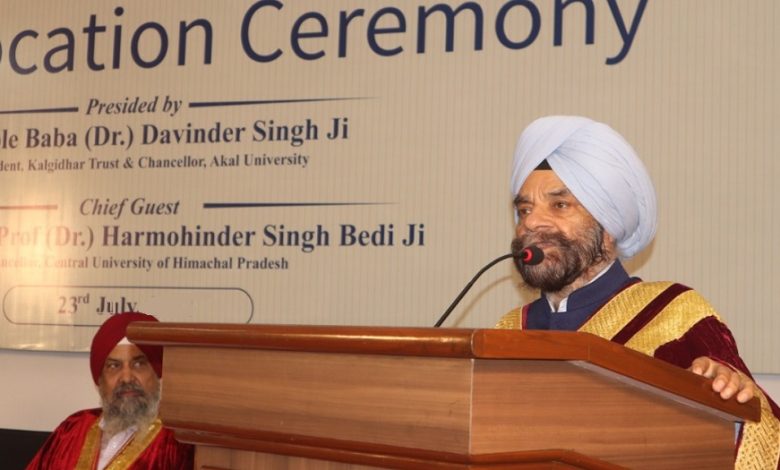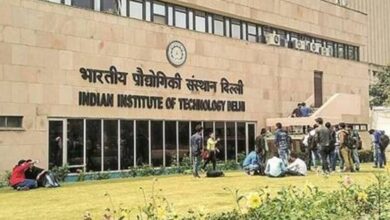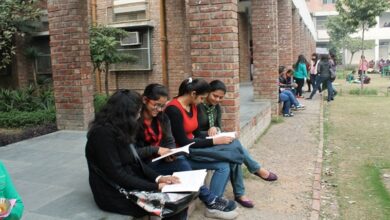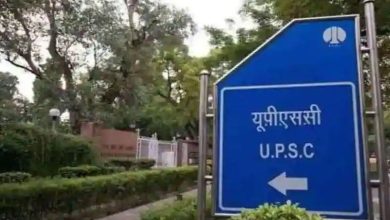The Future of Education is Technology-Based says Dr Harmohinder Chancellor of Central University of Himachal-Pradesh
The NEP 2020, according to Dr. Bedi, is a game-changer that has the potential to refocus, rethink, and realign the processes and outcomes of India's educational system.

Dr Harmohinder Chancellor of Central University of Himachal-Pradesh: Speaking at a national seminar on National Education Policy-2020 held at DAV College in Amritsar, Padma Shree recipient Dr. Harmohinder Singh Bedi, Chancellor of Central University of Himachal-Pradesh, said that critical thinking supported by scientific temperament and technology-based education is the future of formal education in the country, both at the secondary and postsecondary levels.
The keynote speaker was Dr Bedi, who was joined by Dr Pratibha Singh, Deputy Advisor of the National Assessment and Accreditation Council (NAAC). The DAV College internal quality assurance department worked with NAAC to organise the lecture.
The NEP 2020, according to Dr. Bedi, is a game-changer that has the potential to refocus, rethink, and realign the processes and outcomes of India’s educational system. He emphasised the necessity for educational institutions to improve their approach to teaching in accordance with scientific and technological progress.
In her remarks, Dr. Pratibha Singh emphasised the NEP 2020’s emphasis on helping students develop their critical thinking, creativity, and logic skills. She praised the policy’s emphasis on recognising teachers as the driving force behind significant reforms and its attention to youngsters who have historically been marginalised.
The seminar’s organiser and DAV College principal, Dr. Amardeep Gupta, emphasised the value of such gatherings in fostering intellectual discourse and assisting academics and students in comprehending the benefits and drawbacks of the NEP 2020. He referred to the policy’s increasing emphasis on using native languages as the primary medium of instruction, flexible pedagogy, evaluation reforms, and provisions for expanding access to high-quality education for girls as revolutionary.
The seminar’s co-convenor and IQAC coordinator, Dr. Daizy Sharma, emphasised the importance of instructors and students comprehending the specifics of the NEP 2020 and how it aimed to turn India into a thriving society. The purpose of the occasion, according to her, was to foster public discussion on the practical implementation of the new education policy and offer insight into it.
170 papers were presented at the seminar, 45 of which were written by researchers from different states, including Tamil Nadu, Kerala, Punjab, and Haryana.
Also Read: Entrepreneurship Development Centers to be Opened in Higher Education Institutions of North East





